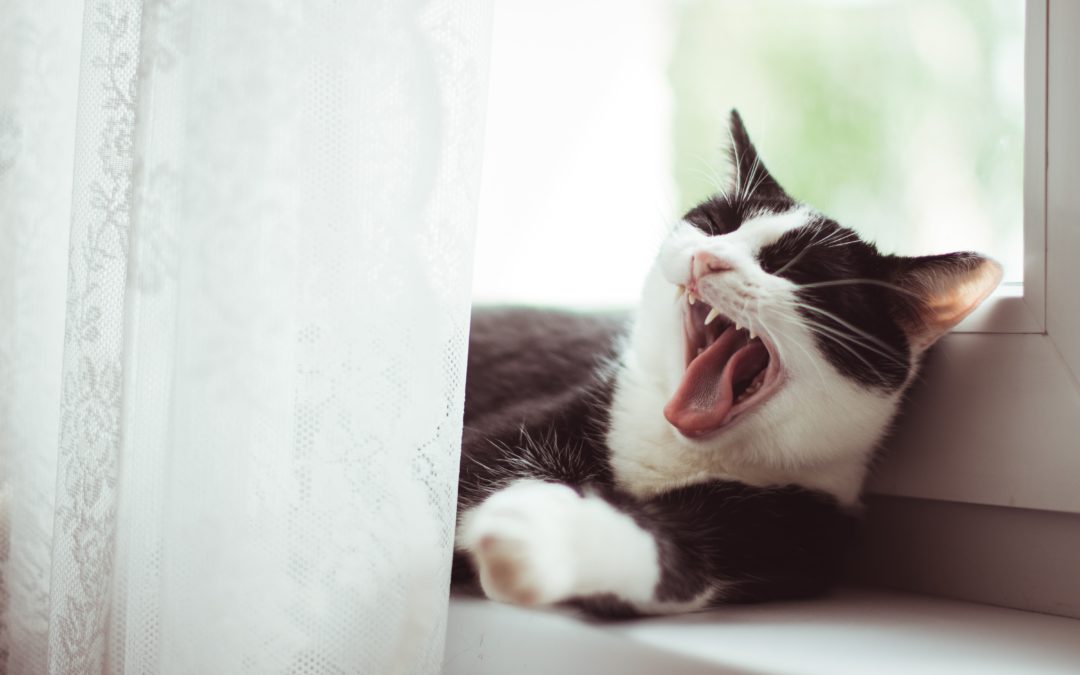Cats have a wide range of emotions that can be easily interpreted through careful listening. A common myth about cats is that they are unfeeling or standoffish. But just like any other pet, cats have their own personalities, routines, and expressions. Understanding the different sounds cats make and why can make you more in tune with their health needs.
Different Sounds Cats Make and Why
Meowing
The standard meow is medium-pitched and medium length. This meow means that your cat is asking for something. When they want something specific, the same mid-pitched sound will become more drawn out as their impatience grows.
Mewling is how a cat says hello. This is accompanied by rubbing against its owner. A mewl is short and higher pitched than the standard meow.
Repeated meows may indicate that your cat is excited while lower pitched meows express unhappiness.
Purring
Purring is a soft, deep rumble that almost resembles vibrating. This vocalization indicates extreme happiness and comfort. However, at rare times it can be a show of anxiety. A way to differentiate the sounds your cats make and why is by observing your cat’s body language. If their ears are pulled back and they appear to be tensing rather than relaxing, they might be feeling overwhelmed.
Hissing
Hissing is a defensive type of sound that is usually accompanied by more outward displays of aggression, such as bared teeth and growling. If the hissing was not provoked by an obvious cause, you may want to schedule a veterinary appointment, as it could be an expression of underlying pain.
Chirping
Chirping sounds are how a mother cat tells their kittens to follow them. If the chirp is directed at you, your cat is most likely indicating that they would like you to follow them. Chirps can also be a sign of hunger—you’ll know for sure if your cat leads you to the food dish.
Yowling
A yowl is a long, drawn-out meow that indicates worry. This can happen if your cat finds that they are stuck or if they are feeling pain. If your cat is constantly yowling with no outward cause, schedule a veterinarian appointment for a general wellness check. In unspayed cats yowling can also be a mating call. It can also be a territorial claim if other cats are near.
Do You Have Questions About Cat Behavior?
Understanding the sounds your cat makes can help you notice when something is wrong. For example, when cats have urinary tract infections, they often meow or make sounds of pain when they use the litter box. Noticing these behaviors and seeking treatment in time can make all the difference. At Anasazi Animal Clinic, we are committed to your cat’s well being above all else. If your cat has been making strange sounds or you have concerns about their health, contact us to make an appointment today.
Photo by Paweł Adamczak janusze_zycia on Unsplash

